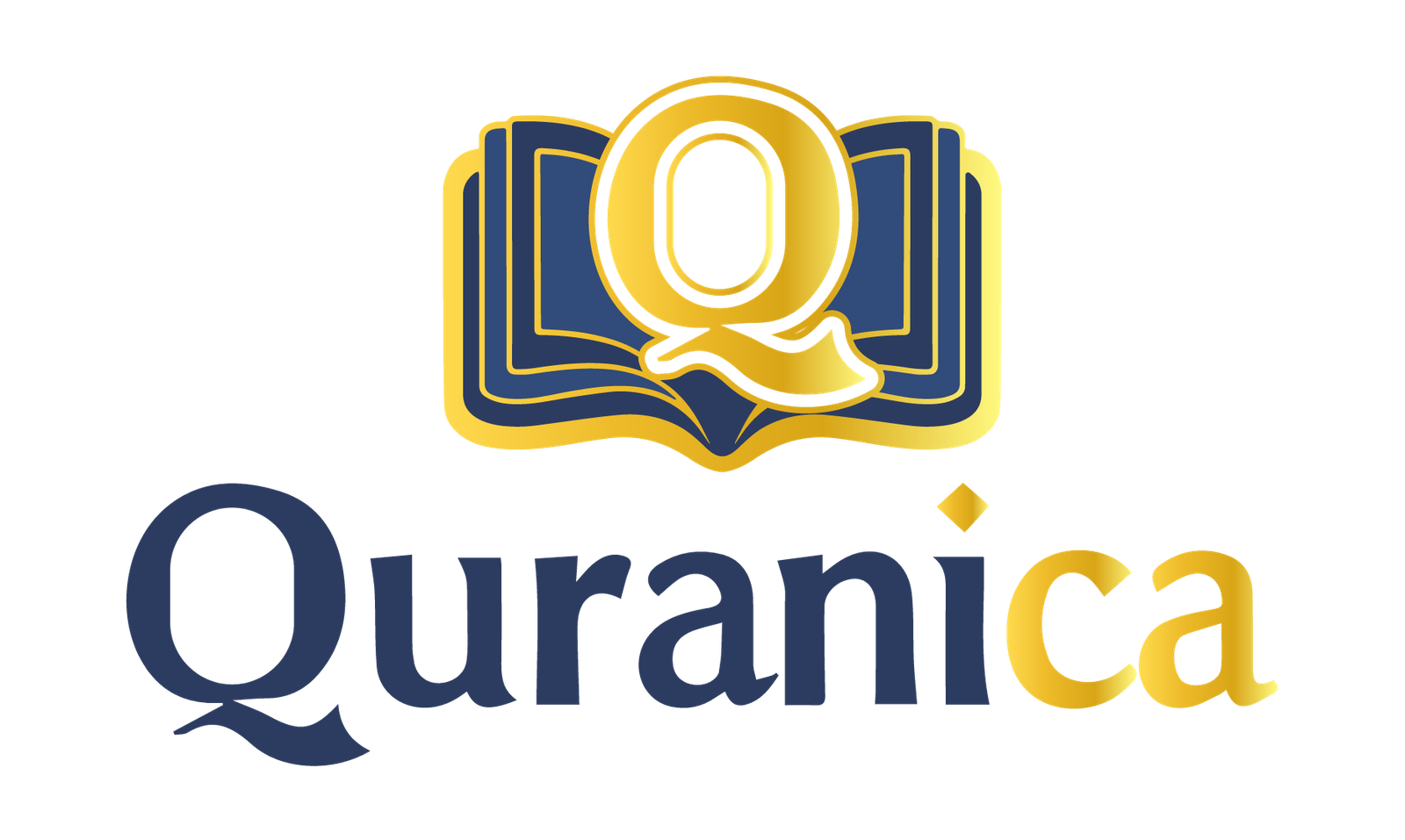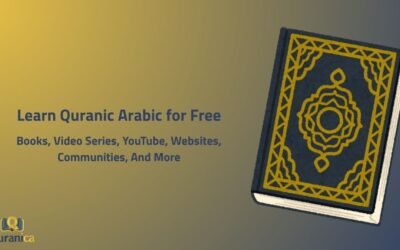Comment on the Video Featuring Dr. Mohammad Akram Nadwi
I would like to make a brief comment on this video featuring Dr. Mohammad Akram Nadwi:
The learned shaykh has made an important point in this video, but I can only assume that exaggerated words like “Deception” were added to the title by the marketing team!
Arabic Language Teaching with the Qur’an at the Centre
My comment on the argument is this: it is possible to teach Arabic with the Qur’an at the centre, while making sure to provide examples and materials from outside the Qur’an to help solve the limitations which have been identified in this video, e.g. not knowing how the Quranic usages compare to everyday usages and those which preceded its revelation.
The Validity of Teaching Arabic Through the Qur’an
If some people teach Arabic through the Qur’an (bearing in mind that one of the courses in Dr. Akram’s institutes uses a textbook with exactly that title: “Arabic Through the Qur’an”!), then surely there are good reasons for that, and we shouldn’t throw around words like “danger”.
How Should We Approach the Qur’an After Learning Arabic?
Another observation: I’m not sure how we should approach the Qur’an after knowing Arabic, in the manner of the Sahaba. After all, we are already living fourteen centuries post-revelation, and the codification of the Arabic language and its preservation were profoundly affected by the Qur’an.
Postscript: Dr. Akram’s Clarification Video
Some of people’s objections were raised with Dr. Akram, resulting in this second video by way of clarification. I sent back the points below in response to the brother from the CIC who shared it with me, which contain some repetition only because those points of mine were not addressed.
Teaching Methodology and the Separation of Quranic Usages
On the point about teaching methodology: if the point is that we should teach the language completely separate from its Quranic usages, then that would necessitate sticking 100% to the Jahili era. So perhaps we should start marketing courses on “Jahili Arabic” instead of Quranic? Would this convey the intention?
Misleading Statement About Muslims Learning Arabic Before the Qur’an
To say that “Muslims were always learning Arabic then the Qur’an” seems to me a misleading statement. As I said above, we do have to recognise that we are living in a later period well after the Arabic language was codified. The very sciences of nahw, sarf, balagha etc. were created after the fact of the Qur’an and in its service.
The Realities of Learning Arabic in Later Eras
True, the Sahaba knew (Jahili) Arabic before the Qur’an. But in later eras, people learned the spoken language of their own eras, and they would have memorised the Qur’an at an early stage. So this idealised picture of (Jahili) Arabic then Qur’an doesn’t seem readily applicable or realistic.
Addressing the “Danger” in Teaching Quranic Arabic
The Shaykh was asked whether “danger” is a fair description, and he said yes if the focus is only on the Quranic usages. But must every “Quranic Arabic” course have this fatal flaw? As he pointed out, tafsir books provide information about broader usages, and so can any good Arabic course. This is not to mention the imperative of teaching Arabic as a living language, which is challenging enough as it is.
Conclusion: The Intentions Behind the Statements
It should be noted that my objections are not directed at Dr. Akram’s dismissal of Quranic Arabic (which strikes me as slightly inconsistent), as that is his prerogative as a leading scholar and educator. I do object to these statements being spread in such a way as to discredit the efforts of others, as I know that is not the speaker’s intention.




0 Comments